Down and out in France: How Renault dumped Iranians
The French government is showing the door to 114 Iranian employees of Renault, whom the automaker had transferred to France two years ago to maintain their skills after leaving Iran in the face of renewed US sanctions, a report says.
Following the sanctions in 2018, which prohibited any economic exchange with Iran, Renault had offered some employees of its joint venture in the Islamic Republic to be seconded to Europe for two years.
As many as 114 employees, mostly engineers, had accepted the offer and signed with a Swiss subsidiary of the Renault-Nissan alliance.
According to Renault, the package provided for on-site accommodation for the employees and an envelope to allow round trips to the country of origin.
However, in an article titled the “sad story of Iranian employees of Renault”, French daily Le Point has brought to light their grievances which they kept under wraps for two years.
According to the paper, the French company had prevented their families from joining them, keeping them isolated for two years, but the last straw for them to come forward and speak out came when they were told to leave.
Renault claims that before employing the Iranians, it had held a session in October 2018 “so that the conditions of the package are presented to the people concerned and that they can make an informed choice”.
However, three of these employees, speaking to Le Point on condition of anonymity, have accused Renault of not having informed them until their arrival in France in February 2019 that their family could not join them.
“The company does not take its responsibilities,” Franck Daout of the French Democratic Confederation of Labor (CFDT), which has helped two of the employees, says.
“When you take people out of their country to come and work in France, you have to take responsibility. It’s evident when it comes to corporate social responsibility.”
One of the two employees, helped by the CFDT, had wanted to stay in France at the end of his contract by trying to resume studies in order to have student status and managed to bring his family in France.
The second, an engineer with a permanent contract, had a family in Iran whom he brought for the holidays to an Eastern European country to which it was easier to travel. It was a situation “untenable”.
As the two years of contract come to an end, most of the workers posted to France have already returned to Iran, the report said.
In Iran, no foreign manufacturer has resumed its activities because the US sanctions are still in place and the Europeans are strictly observing them.
Ironically, the Europeans remain a signatory to a landmark 2015 nuclear deal which lifted sanctions on Iran, but they rather take their cue from Washington which left the agreement in 2018 and unilaterally reimposed the sanctions.
After the sanctions were imposed, the Renault Pars joint venture reportedly rented its headquarters in Tehran. Only one floor was left to a small number of employees of the local joint venture, meaning the employees returning from France would be having a hard time to find jobs.
Renault and fellow French carmaker PSA Peugeot-Citroen were among the first European companies which rushed to Iran to tap a pent-up demand for new automobiles after wider sanctions were lifted on the country in 2016.
Peugeot had signed production deals worth 700 million euros with Iranian counterparts, while Renault had announced a new plant investment to increase its production capacity in Iran to 350,000 vehicles a year.
Their withdrawal in 2018 was their second cut and run dealing with Iran after they suddenly left the country first in 2012 when the country came under intensified Western sanctions.
Former industry minister Reza Rahmani said in July 2019 that Renault and Peugeot would never be allowed to return to the Iranian market again, given their repeated breach of contract.
The automotive sector is a frontline in the US “economic war” on Iran, because it is the country's second largest industry after oil and gas with a turnover of about $12 billion.
When the former Trump administration reimposed sanctions on Iran in August 2018, it reserved Washington’s first hammer blow for the car industry to hurt as many Iranians as possible.
More than 100,000 people are employed by local automakers, while another 700,000 Iranians work in industries related to car manufacturing.
The US pressures, however, have helped domestic manufacturers thrive under the new situation through mobilizing their resources to fulfill some of the tasks which were an exclusive competence of foreign companies.
Iran Khodro (IKCO) and Saipa are the two largest local manufacturers, which have picked up the slack since Peugeot and Renault exited Iran.
A deputy industry minister said recently that Iranian automakers will produce more than 1.3 million cars this year, marking a 50 percent jump in production in the face of US sanctions.
Ukraine kills six in drone attack on Russia's Belgorod
Hezbollah targets Israeli military command base in occupied Golan Heights
US media coverage of campus protests shows control of Israeli lobby: Journalist
Islamic Jihad: Al Jazeera shutdown meant to conceal Israel’s war crimes
Leader: This year's Hajj 'disavowal of Israel, supporters'; Gaza genocide etched in history
US campus protests show Zionists failed to manipulate public opinion
Iran performs first organ transplantation surgery from brain dead patient
VIDEO | Iran-Africa Economic Conference


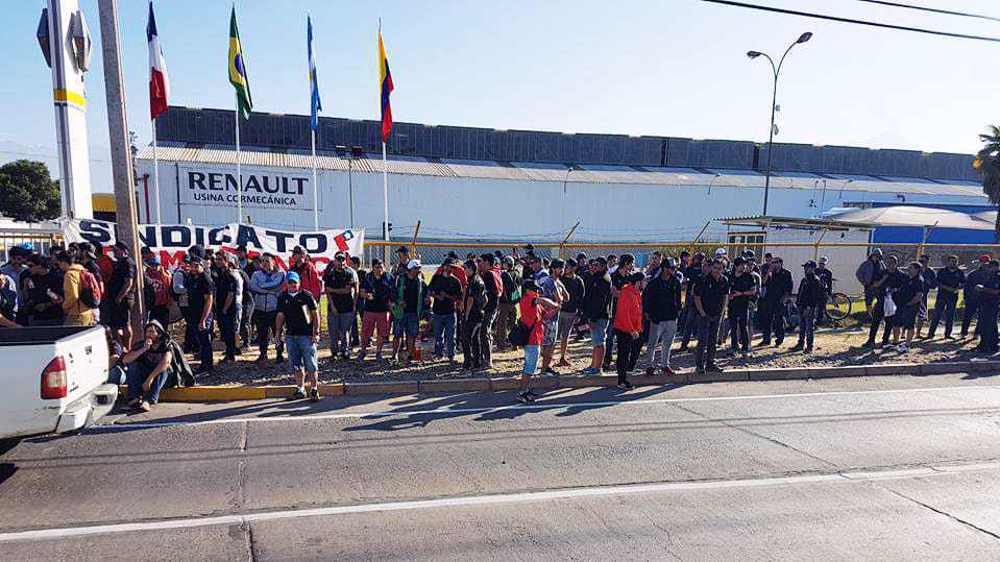

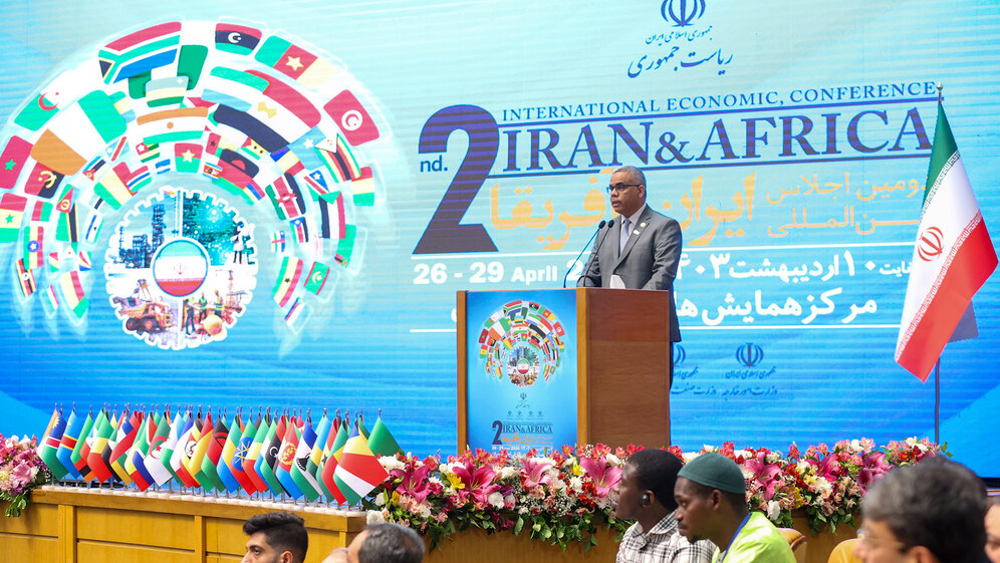
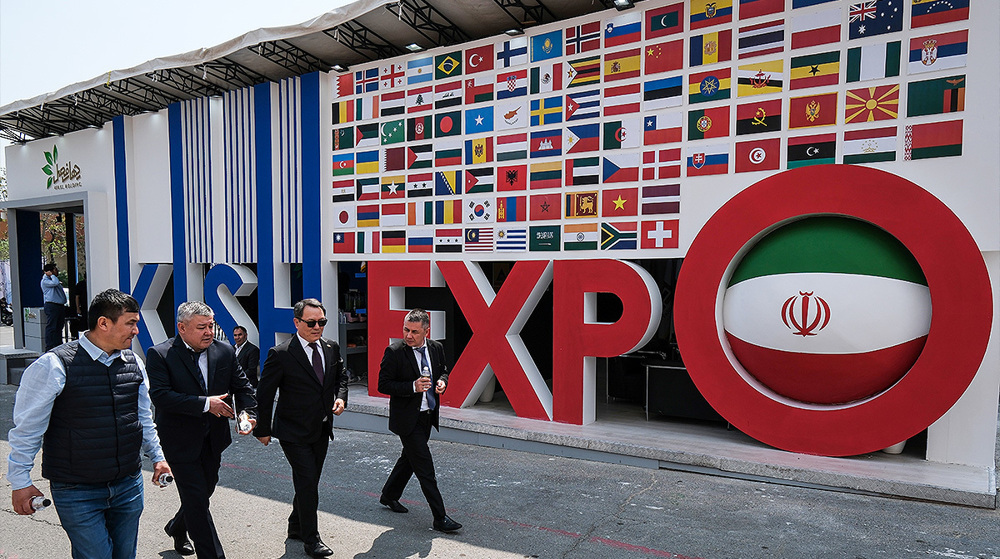
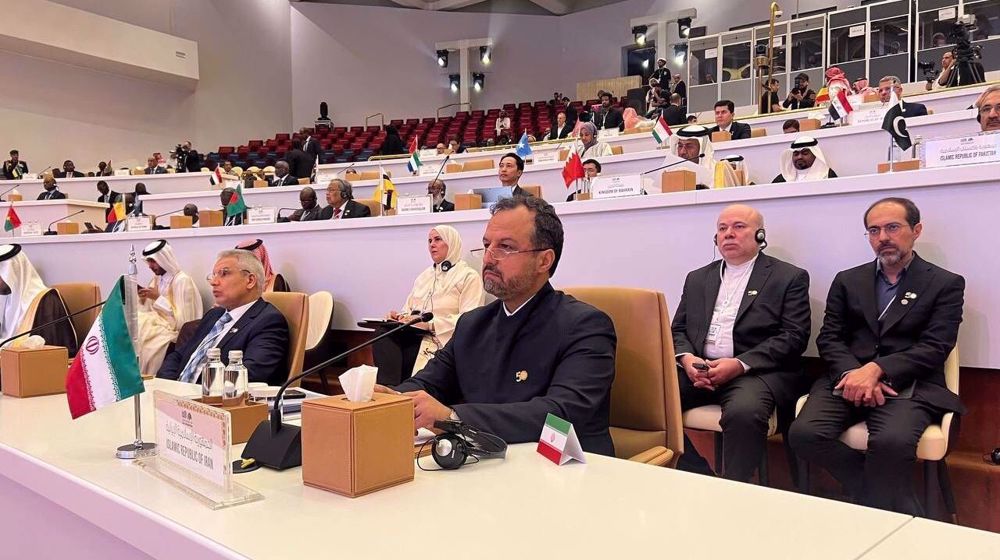



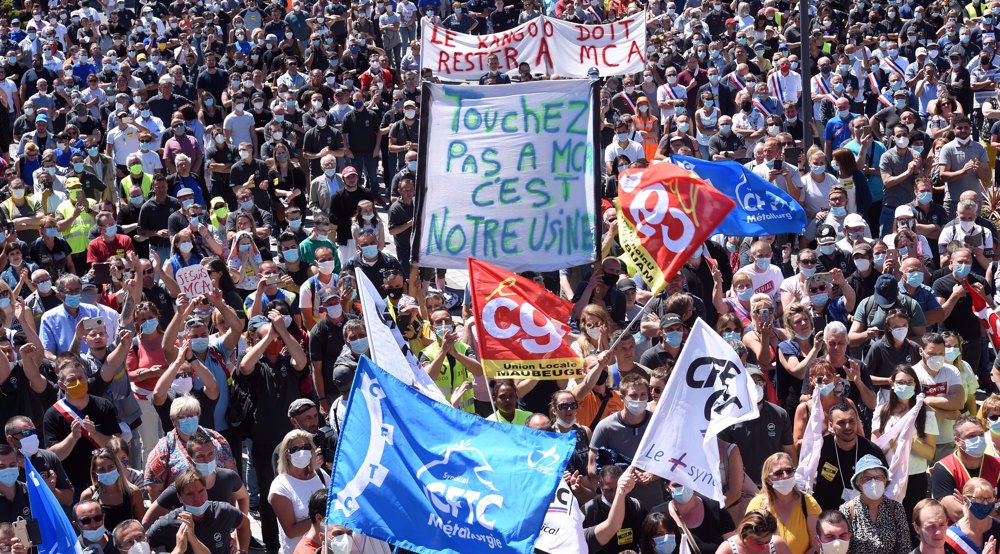
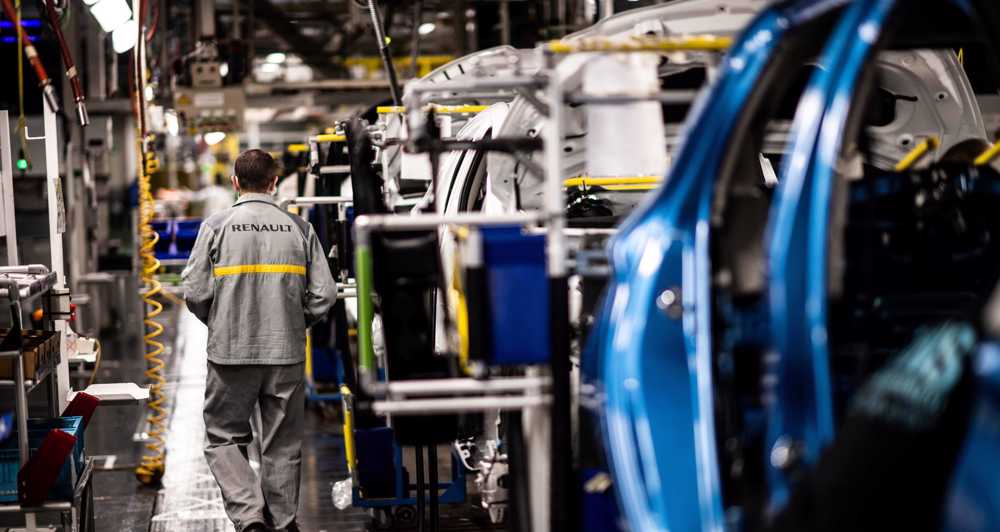




 This makes it easy to access the Press TV website
This makes it easy to access the Press TV website